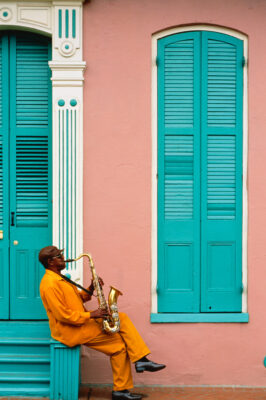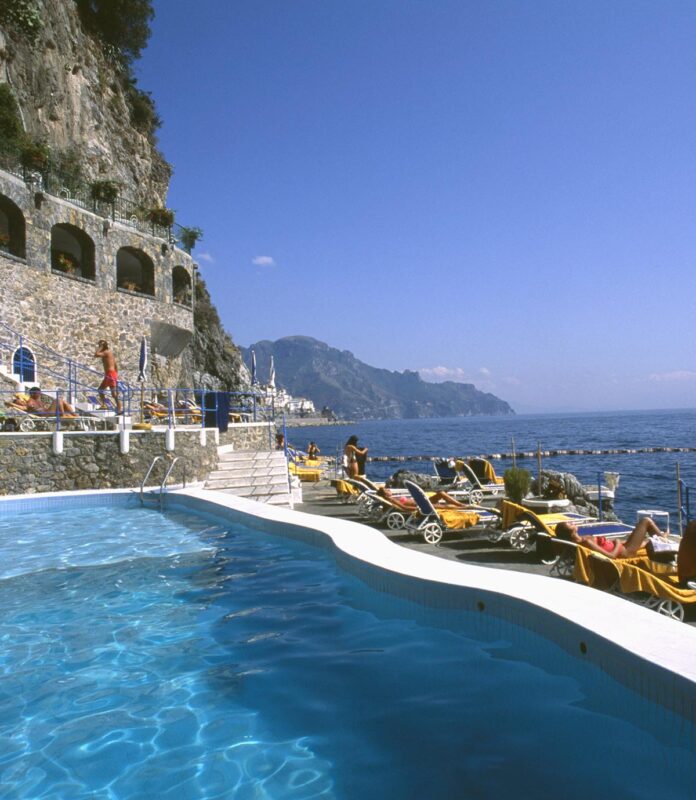
Travel
The Allure of the Boutique Hotel
Off-the-beaten-track properties offer a more authentic, private, one-of-a-kind experience.
It’s true that there’s nothing quite as sumptuous as a five-star hotel, from high-thread-count sheets and myriad restaurants to staff that tends to your every need. But many branded hotels and their rooms tend to look the same at each destination. Standardized brand names, no matter how luxe, often don’t provide guests with a sense of place. That’s not cutting it for today’s travelers, especially when rooms at brands like the Four Seasons or St. Regis can go for $2,000 or more per night.
“During the pandemic, we saw a big push towards brands because people wanted reliability, but now we’re seeing a rise in people, especially those in their 20s to 40s, going away from that,” says Jack Ezon, founder of luxury travel company Embark Beyond. “People think most branded properties are not sexy, cool, sharp, or chic. Most of them can be boring, predictable, and standardized.”
This year, Embark has seen a 38 percent increase in clients switching from branded to unbranded (boutique or independent) hotels—a 20 percent rise since 2022. He cites smaller luxury hotels, including Le Sirenuse and Hotel Santa Caterina in the Amalfi Coast, Kalesma in Mykonos, and The Greenwich Hotel in New York as some of his clients most-requested properties, as well as The Arts Club in London—a 25-room hotel that many of his clients choose over luxury chains.
“People want a place with personality and energy where there are sharp locals or cool people that don’t feel like tourists,” Ezon says. “They want to stay at a cool place that’s not necessarily always trendy, but has personality and amazing service.”
Revered for their intimate scale, strong character, focused culinary programs, great bars, and hands-on service, boutique hotels attract folks who crave something out of the ordinary, like rooms that each have a completely different design, locally focused programming, or like-minded individuals. The less-commercialized allure of a boutique hotel might even, in some cases, feel like you’re staying at an old friend’s house.
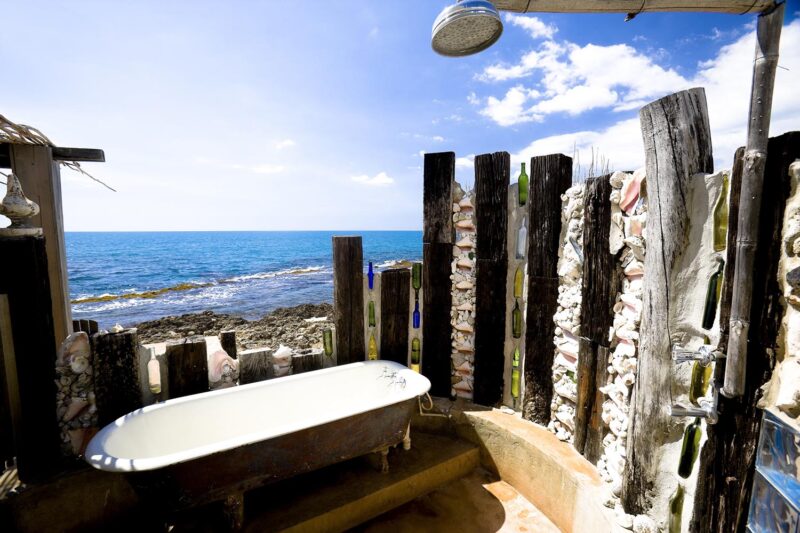
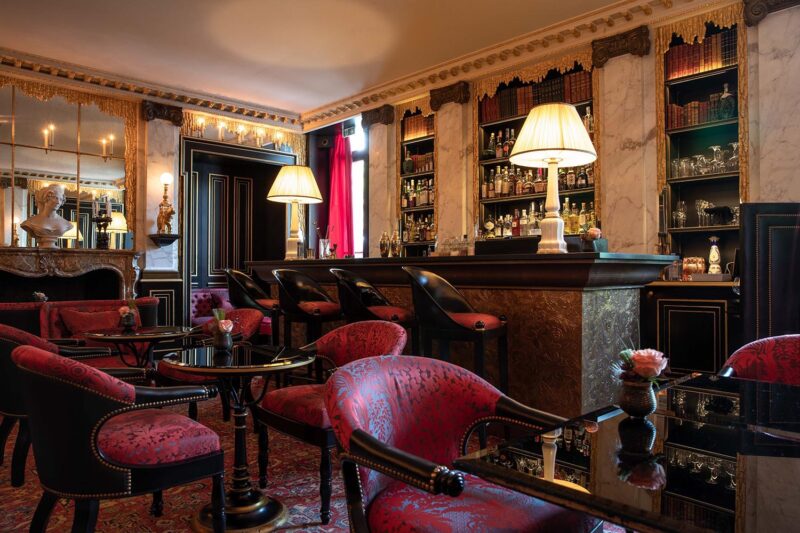
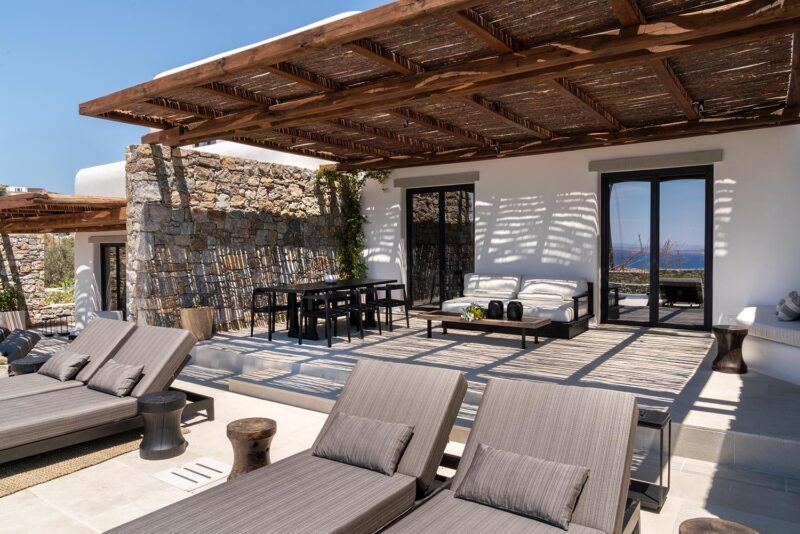
“As boutique hotels have less guests, the staff can learn to know you and your preferences faster,” says Arnaud Bouvier, a global luxury traveler and founder of Luxury Hotelschool Paris. “Yes, I want black tea, no milk, and fresh orange juice. Do I really have to ask for the same thing every morning? In a boutique hotel, I don’t.
For Bouvier, who once called The Savoy in London home, and often travels throughout Paris, London, Marrakech, and Mauritius, chooses larger, brand-name hotels for shorter stays when he wants a larger pool, larger spa, and more restaurant options. But he prefers the genuine connection with staff and other guests at boutiques, especially when he embarks on his annual, month-long pilgrimage to independent hotel Shanti Maurice in Mauritius.
“Boutique hotels can provide an even more personalized service, where not only the doorman knows your name but most of the staff does too,” Bouvier says. “It reinforces the feeling of arriving home when you enter the lobby. Because there is less room, there is less staff, which is good because you see the same faces more often and can have a genuine relationship.”
Benjamin Vaschetti, founder of luxury and lifestyle concierge company Maison Benjamin that services ultra-high-net-worth individuals, says his global roster of clients prefer boutique hotels to disconnect from business or technology.
“I’m a firm believer that avoiding brand or chain hotels—even the most luxurious five stars—helps clients lose track of time,” he says. “They don’t want to see familiar branding, business-centric conference areas, or welcome protocols, like a gigantic lobby or an overload of staff. They just want privacy and to immerse themselves in a hotel that offers a sense of place. Sometimes, that means embracing a bit of imperfection.”
Take Jakes in Jamaica, a funky bohemian hideaway near a small fishing village, where rooms are an eighth of the price of nearby all-inclusives and luxury hotels. Jakes attracts a celebrity crowd for its under-the-radar presence and private villas. It is known for its local food, eccentric, art-filled cottages, (actual) eco-friendly practices, full-moon harvest dinners, Jamaican flair, and above all, like-minded individuals with a kindred sense of wanderlust.
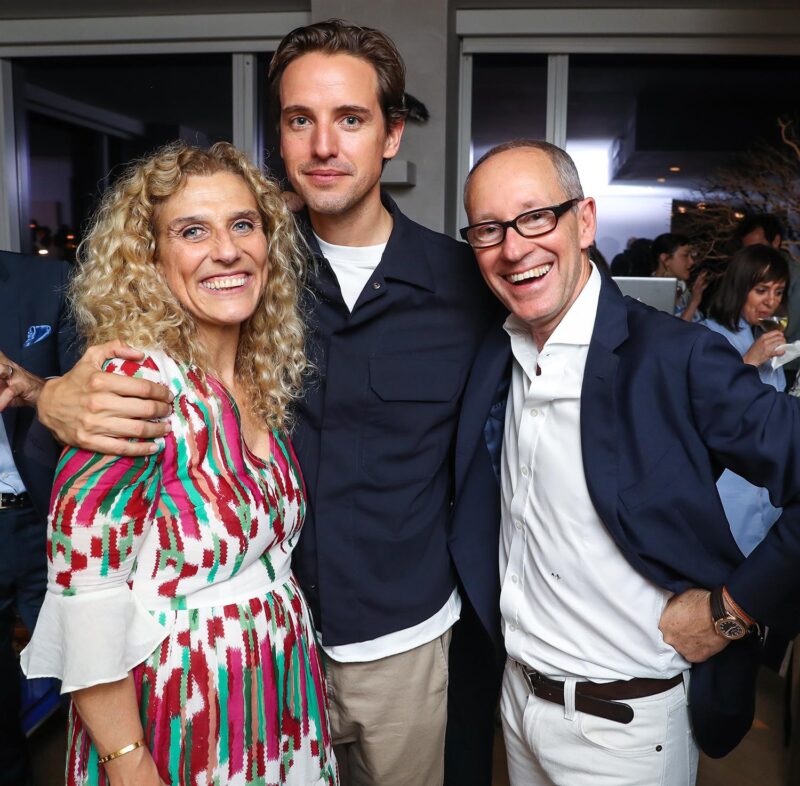

There’s also something about forgoing a bougie brand name in destinations like the Bahamas that feels right, as its many idyllic islands are dotted with private, ultra-exclusive villas that act as secluded hideaways for those who don’t want to be seen; The Landing on Harbour Island being one of them. The Landing is favored among British socialites, wealthy Americans, and athletes like Serena Williams who crave a moment to not be recognized—even if that means trading in fancy, multi-course dinners for a perfectly made spicy crab pasta capellini and the chance to moment to admire pictures of Brenda Barry–the first Miss Bahamas–and hotel logo.
Even in larger cities, boutique hotels might even feel like your personal secret hideaway. While Bouvier loves a stay at Le Bristol or Mandarin Oriental in Paris, it’s La Réserve Paris that keeps him coming back.
“During the pandemic, when larger hotels were all closed, La Réserve Paris was still open,” he says. “It felt like defying the Prohibition to stay there—a true speakeasy atmosphere. I think it is still part of what is attractive in smaller hotels: being recognized but away from the crowd at the same time.”
Hero image - Swimming pool at Santa Caterina Hotel, photo by Atlantide Phototravel / Getty Images


